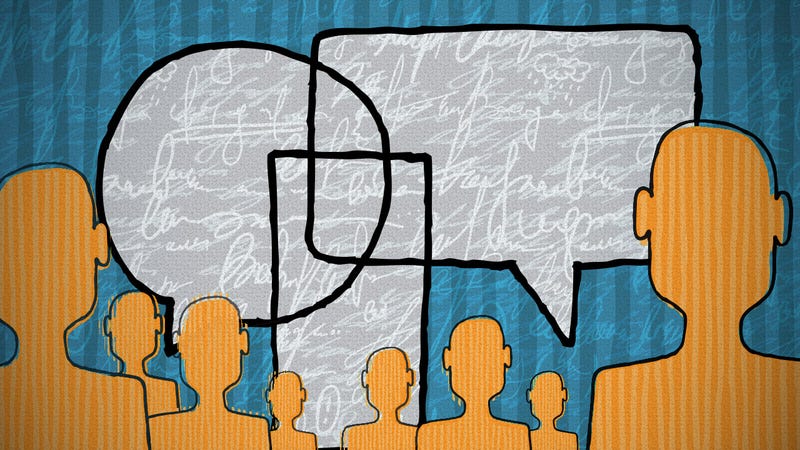5 Ways to Improve Your Communication Skills
Communication is one of the most important skills we can ever learn. It leads everything that we do—whether we’re communicating at work to meet deadlines and achieve results, or communicating with friends, family and partners to build strong relationships. So many problems stem from poor communication and there’s no wonder why, really. We are not taught how to communicate properly at school; it’s something we have to ‘pick up’ from the people around us. Unfortunately, unless we are lucky enough to have stellar communicators in our close circle, we can often pick up bad habits. I’ve made it my business to learn a thing or two about communication, and I’ll share a few key things with you today. One of the most important, yet overlooked skills of communicating is this:
Be a Good Listener
That’s right—most people have no idea that listening is a necessary part of the communication process, but the reality is that listening is an essential part of communication: not only does it help you to build rapport with other people, it ‘s also a way of demonstrating respect for others. When people feel respected, it’s very easy to build long, happy relationships. Think about how great it feels when someone is intently listening to you, and those times when they are completely enthralled with what you are saying. This makes you feel valued and does wonders to aid communication. People just want to be heard,so by listening intently you can build trust at the subconscious level. Look at it the other way around: we all know people who are really bad listeners. They love the sound of their own voices so much that you can’t get a word in edgewise, and when it’s finally your turn to talk, they aren’t really listening. In contrast, how does this make you feel? Frustrated, and of low value. By not listening to you, the other person is essentially telling you that you don’t have anything worth saying. One thing I do want to get straight here is that listening and shyness are not the same things. People often get good listening confused with shyness, as someone who listens more than they speak might be assumed to be shy or hesitant. What’s important is active listening: paying attention, and then demonstrating your understanding of a conversation by repeating key points in your responses. At the end of the day, people just want to feel like they are understood.
So why are people such bad listeners?
One reason is that we think at a speed that’s much faster than we speak. Research has shown that we talk at between 120 and 150 words per minute, yet we think at the rate of 600 – 800 words per minute! What this means is that it’s easy to get distracted by our inner thoughts when people speak to us, because our minds work so much faster than our mouths! This does mean that instead of listening, we might be pondering other things like what to have for dinner that night or which route to take home. We need to be aware of when this is happening so we can re-focus on the present conversation—there’s nothing worse than noticing that someone is lost in their own thoughts when they should be listening to you. In case you were wondering, listening (unlike talking) is a skill that you can’t over-use. Imagine an example like this: “I have had it up to here with Bob! All he does is listen and listen and listen! He just never stops listening! I can’t take anymore of his listening, it’s driving me crazy!” Or perhaps this is the more likely scenario: “Bill never listens! He just loves the sound of his own voice. All he does is talk at me over and over again! I feel like he never listens to anything I say!” If you look at the super achievers of this world they are all composed listeners. You don’t see them talking over others or drifting off mid-conversation. This is because they understand the power of listening.
5 Ways to Improve Your Communication Skills
1. Never talk over people.
This demonstrates a real lack of respect. By talking over someone what you’re basically saying is “I don’t care what you’re saying—what I have to say is more important”.
2. Don’t finish other people’s sentences.
I used to do this a lot thinking I was helpfully finishing people’s sentences for them. Wrong. Research has shown by doing this you are dis-empowering the other person because you are taking control of the conversation, so bite your tongue!
3. Paraphrase.
If you want to show that you have really understood someone, then paraphrasing a great tool. All you do is repeat back to someone what they have just said, before you comment yourself. Here’s an example: “So Barney, what I’m hearing is that results are the number one objective for you right now and we need to find some fast solutions for you?”
4. Listen actively.
Focus on active listening instead of passive listening. The difference is that active listening means you engage and respond to the other person based on what they have said, passive listening is simply the act of listening with no response.
5. Maintain eye contact.
By looking the other person in the eye, you are proving that you’re interested in what they’re saying. This also keeps you focused and less distracted.














